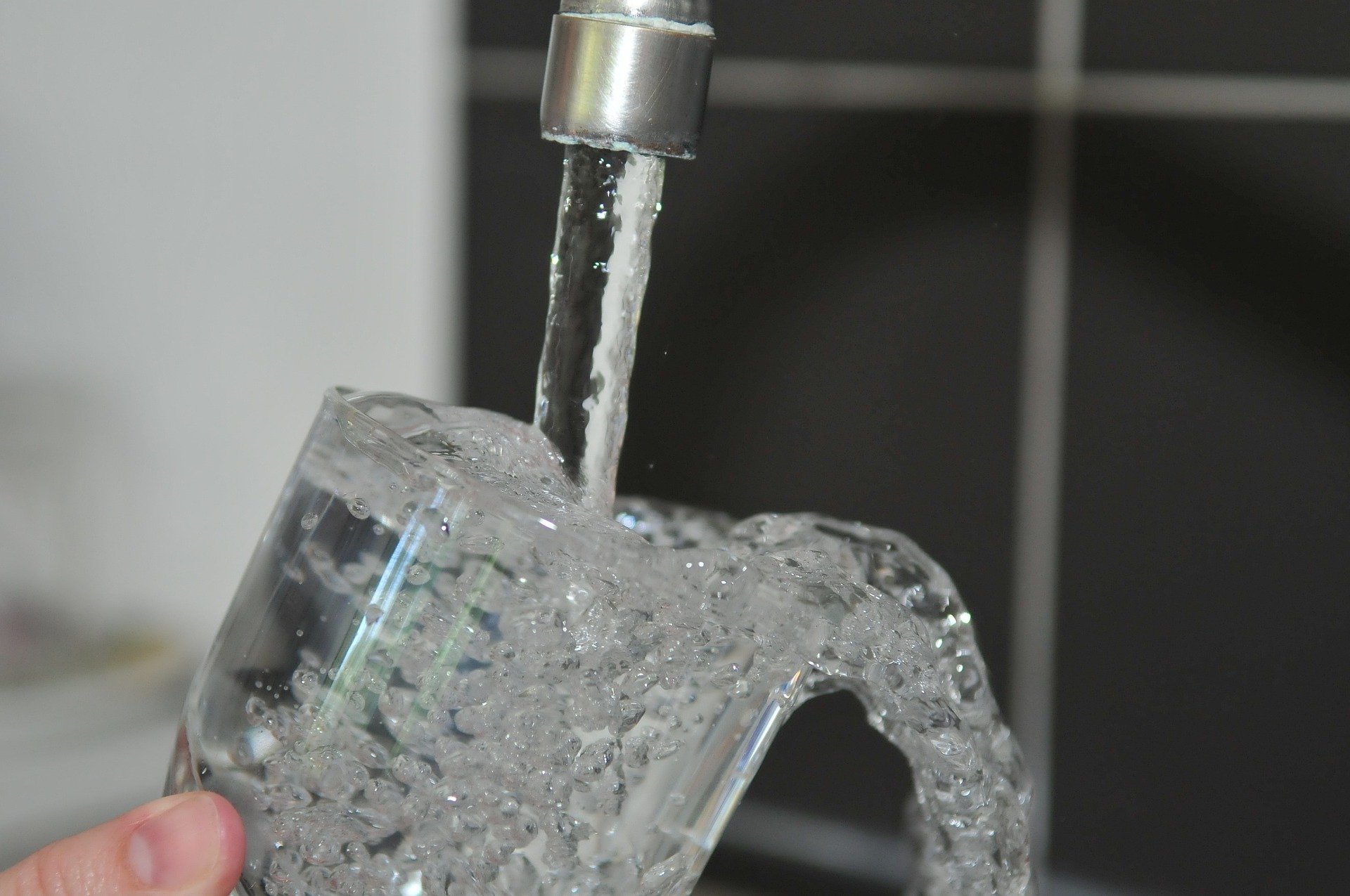Water Sampling
Do you know if your drinking water is safe? We depend on our local water bureau to report any changes in our city water supply but contamination can occur anywhere between the source and tap. Older plumbing and fixtures may contain dangerous heavy metals such as lead that can leach into drinking water. Factors like mineral content can change the pH levels of your water, making water more acidic. Heavy metals become more soluble in acidic water. Maintenance or construction on nearby pipelines can also stir up sediments that can be a source of exposures to contaminates in your drinking water.
The Domestic Well Testing Act (ORS 448.271) requires:
“Only persons who have knowledge of the appropriate procedures for the collection and handling of the water samples for arsenic, nitrate, and total coliform bacteria and who have experience in this area shall collect the samples. These persons include Registered Sanitarians, certified water system operators, well drillers, pump installers, and lab technicians.”
Our technicians can collect your sample using best practices, and ensure that they are transported, stored, and submitted in accordance with state water testing standards.
23% of Oregon relies on well water or groundwater as their primary source of drinking water. Drought, flooding, and nearby agricultural or industrial activity can contaminate wells. The Oregon Well Safety Act requires testing for E.coli, arsenic, and nitrate before selling a home with a domestic well. Well Testing may also be required for FHA or VA loans.
Water with a pH that is less than 6.5 can leach metal ions, including iron, manganese, copper, lead and zinc from plumbing fixtures and pipes. On the other end of the pH scale, water that has a pH greater than 8.0 can be difficult to disinfect. The World Health Organization recommends that the pH of the water be less than 8.0, because basic water does not allow for effective chlorination. Metals tend to be more toxic at lower pH because they are more soluble.
Total dissolved solids (TDS) is the term used to describe the inorganic salts and small amounts of organic matter present in water. The principal constituents are usually calcium, magnesium, sodium, and potassium cations and carbonate, hydrogencarbonate, chloride, sulfate, and nitrate anions.


